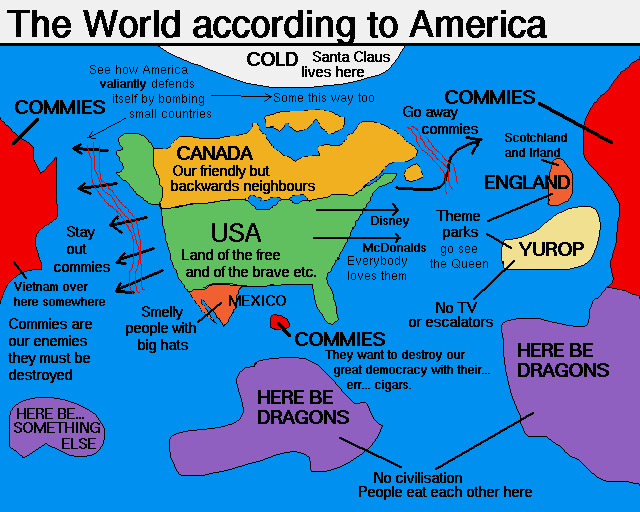There were those whom it seems easy to argue for, like the Nazi who asked for forgiveness and showed remorse. A little more difficult to justify are those who felt no remorse, those who had no morals, a subject also touched upon by Wiesenthal.
Consider this rather abstract idea: all “morals” are social constructs. Are there not societies that have glorified slavery, incest, polygamy, polyandry, group marriages, pedophilia, female circumcision, female inequality, racial inequality, prostitution, torture and other seemingly perverse institutions? It seems imperceptive of a well-educated American to argue that our morals are inherently right. I do agree with most all of the morals promoted by my society, but it would appear that judging the morals of other societies is not only questionably immoral in and of itself (the possible beginnings of colonialism) but also very difficult as you have been indoctrinated in some sort of society.
An easy argument to refute my last argument is that no one is killed because of any of the aforementioned “perverse institutions.” Who are you to judge which is more “immoral,” enslaving and torturing another human or killing him? What, on a fundamental level makes murder the most capitol of all crimes?
It seems odd that as Americans we are so fast to judge, when we do so many things that are immoral. When was the last time you bought something made in a sweatshop. Our country was started by a genocide, according to the UN definition of Genocide(see article 2: C, D, E). Some might argue that the 300 year difference excused the founding fathers’ actions. On the contrary, the difference in years shows how American morals have changed and how susceptible we are to a change in morals. You may argue that on a fundamental level, the civil rights movement was a good thing, but why. Is there a fundamental reason that we should all be equal or is it engrained in my society?
My rabbi argued that,”anytime one society seeks to extinct or remove another society, that is wrong,” regardless of morals. Does this mean that our country was founded without morals? If our country was founded without morals what implications does this have on the way we “govern” and “spread democracy” throughout the world?


"I do agree with most all of the morals promoted by my society, but it would appear that judging the morals of other societies is not only questionably immoral in and of itself (the possible beginnings of colonialism) but also very difficult as you have been indoctrinated in some sort of society."
ReplyDeleteThat's an interesting point. I read this news story a while back about a trial of a man who beat and killed his daughter Fadime (with the help of his son) because she moved in with a man that was not within her family's ethnic group. She was considered a shame to the family's reputation to the rest of the ethnic group (perhaps a better word here is clan?), and so the murder was an honor killing. The man 's son had drug convictions and had committed theft without the family caring, but Fadime merely moving in with a boyfriend against her parents' wishes justified murder. Anyway, here's a quote from an article about one particularly interesting thing that was said at the trial:
"I asked him in court, `You say that Fadime has dishonored the family, and what have you done—you have stolen and used drugs,' " [the prosecutor] said. " `Doesn't that dishonor your family?' And [Fadime's brother] said, `I've broken your rules, but Fadime has broken our rules, and our rules are much more important.'"
Evidently, the types of moral values we have vary a lot from society to society, so I agree that you can you can argue for a certain amount of moral relativism when it comes to judging other peoples' morals, because morals are societal constructs. Technically you could argue no one's right or wrong if you want to be truly 'objective.' I agree with you that the main reason we think equality is good is because our morals tell us to think that way.
One thing that I don't really agree with is when you say, "It seems odd that as Americans we are so fast to judge, when we do so many things that are immoral." I think that no society (or person) has any option but to judge the morals of other societies. Every person is socialized to different sets of morals over time, judgments of what morals we buy in to is how we live. You could argue America does this more than others, maybe, if you had some specific evidence of that, but what about Fadime's family as mentioned above? They'd find a concept of interracial marriage as despicable as we find honor killings, I'm sure. They don't buy in to the a lot of typically-Western values that we buy in to.